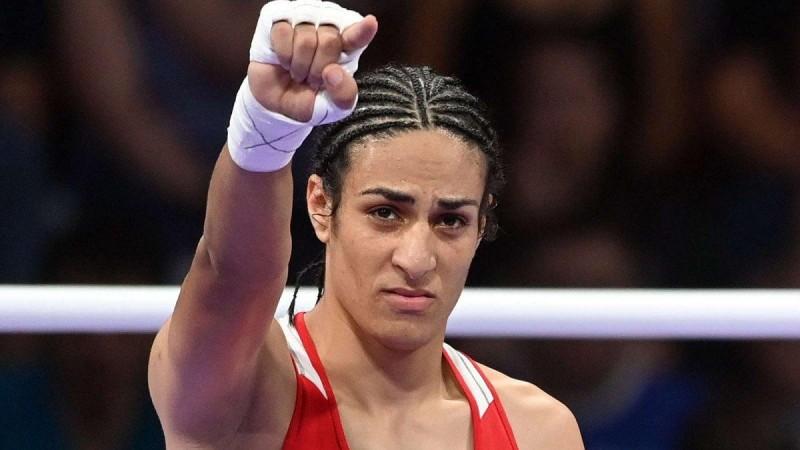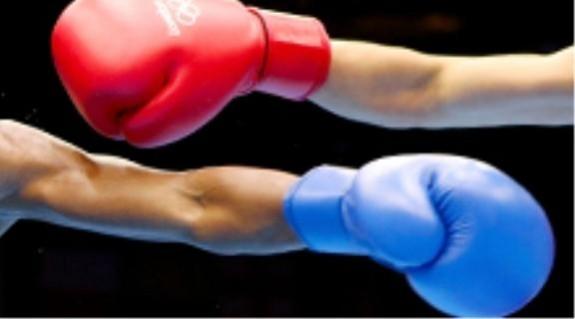
In a historic moment for Algerian sports, boxer Imane Khelif has secured herself an Olympic medal in the women's 66kg category at the Paris Olympics, becoming the first woman from her country to achieve this milestone. However, her victory has been overshadowed by a gender eligibility debate that has sparked controversy and online abuse. Khelif's victory over Hungary's Anna Luca Hamori not only secured Algeria's first boxing medal since 2000 but also secured her place into the semi-finals, where she will face Thailand's Janjaem Suwannapheng.
Khelif and Taiwanese boxer Lin Yu-ting have found themselves at the center of a gender eligibility debate due to differing eligibility criteria set by the International Olympic Committee (IOC) and the International Boxing Association (IBA). Both athletes were disqualified from last year's World Championships by the IBA following unspecified eligibility tests but were cleared to compete in the Paris Olympics under IOC rules. This discrepancy has led to scrutiny and online abuse, prompting Khelif to call for an end to the bullying and negative rhetoric.
In an interview with SNTV, Khelif expressed her concerns about the impact of such bullying on athletes. It can destroy people, it can kill people's thoughts, spirit, and mind. It can divide people. And because of that, I ask them to refrain from bullying, she said. She also expressed her hope that her journey would culminate in a gold medal and thanked the IOC and its president, Thomas Bach, for their support.
Meanwhile, Lin Yu-ting, who will compete against Turkey's Esra Yildiz in the women's 57kg semifinal, has also been embroiled in the controversy. Following her unanimous decision victory over Bulgaria's Svetlana Kamenova Staneva, Lin has faced a mix of support and criticism. Despite the controversy, Lin has remained focused and grateful for the support from her country. I know all of Taiwan's people are standing behind me and supporting me, and I will carry this energy to the end, she said.

The Taiwan Olympic Committee released a statement reaffirming Lin's eligibility to compete, as determined by the IOC's rules. The committee condemned the online abuse directed at Lin and called for an end to such behavior, expressing full support for the athlete. The controversy surrounding Khelif and Lin's eligibility has sparked a broader conversation about gender and sports. IOC spokesman Mark Adams has called for a stop to the spread of misinformation across social media that has resulted in both athletes facing online abuse. We feel these women have been targeted, particularly on social media, they've been subject to death threats, we feel strongly about that to remind people this is absolutely not a transgender issue, Adams told Sky Sports News.
The gender eligibility debate is not new in sports. In 2009, South African runner Caster Semenya was sidelined for 11 months because of track and field rules about hormone levels. Semenya, who was identified as female at birth and has been legally identified as female her entire life, has one of a number of conditions known as differences in sex development (DSDs), which cause naturally high testosterone.
The controversy surrounding Khelif and Lin's eligibility and the subsequent online abuse they have faced underscore the need for clear guidelines and respectful discourse in sports. As Khelif and Lin continue their Olympic journey, their experiences serve as a reminder of the challenges that athletes can face beyond the competition and the importance of fostering a supportive and inclusive environment in sports.








